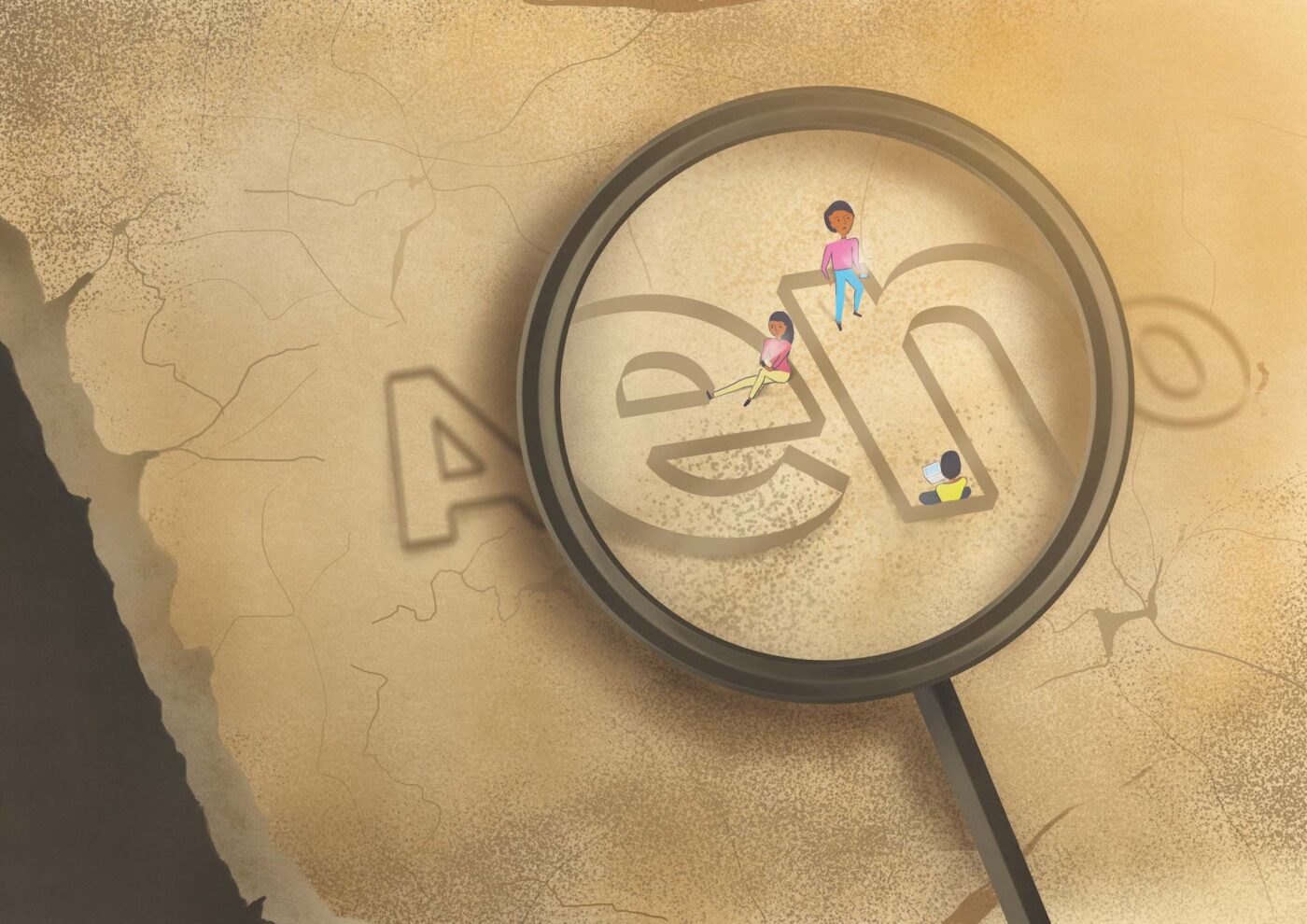Since time immemorial, humanity has possessed an inherent desire to leave a mark in society. The earliest cavemen left their marks on literal stone and classical historians took to papyrus to record civilization’s greatest milestones. Later, the fields of archaeology and history emerged, and formally-trained scholars took up the task of chronicling each period’s zeitgeist and daily life.
The advent of social media, however, has vastly democratized the process of recording the life of the modern man. The typical Internet user may not know it, but every tweet and post they send is a piece of human history. Thus, the process of writing history is no longer a function of the elite. With social media, even university students can indulge their desire to chronicle their legacies.
College life
When social media first spread in the 2000s, the first online student-run communities were born. Today, in Ateneo’s student-run pages, students and alumni rub online shoulders as they reminisce about life at Loyola. These communities serve as space for each Atenean to talk about the mundane, the controversial, and the erudite in equal measure.
In the Ateneo, the Facebook group “Overheard at the Ateneo” provided an online medium to share anecdotes about university life. Together with a similar page “Narinig ko sa UP” from the University of the Philippines-Diliman, Overheard arguably formed the basis for all other student-run communities that followed.
A while later, “ADMU Crushes” was born, providing Ateneans an avenue to broadcast anonymous messages about their love interests. Later still, “Ateneo de Manila Secret Files” was founded, performing much the same capacities as Overheard, but with the added advantage of anonymity.
Pages of this kind, however, have been marred by controversy in the past. According to a Rappler article, Secret Files pages in other prominent universities such as De La Salle University (DLSU) have previously ran afoul of both alumni and school administration.
The page administrator (admin) of University of Santo Tomas (UST) Secret Files had trouble reconciling mature themes with the school’s Catholic image. The admin told Rappler that “putting up stories with mature content would not be nice for the reputation of the said university.”
Troubled waters
Today, however, these pages collect dust, laying unturned by formerly avid readers. Overheard has not seen a new post in years. Ateneo’s Secret Files still posts submissions, but these are few and far in between. Still, even as some individual pages have faded into obscurity, the need for online student-run communities endures.
In the meantime, the arrival of memes has taken the Web by storm, and pages such as “Ageless Ateneo Memes” and “Jef the Eagle” have emerged. Simply put, memes are images superimposed with text that can carry substantially different meanings, leaving the author to decide how he or she appropriates the form.
“We’d like to keep things in [Jef the Eagle] as wholesome as possible,” says Kyle Arandia (3 BS MIS), the page’s public relations officer and administrator. “They just need a little support,” Arandia adds about the memes’ authors. Judging from the amount of likes a typical submission gets, support from the community flows aplenty.
Recently created “ADMU RantBox” is less saccharine than Crushes and less satirical as Ageless, but answers a need nonetheless. RantBox is a Facebook page that advertises itself as a much sought out “outlet.” True to its name, the page features anonymously submitted posts filled with strikingly honest rants about the Ateneo, personal experiences, and university life as a whole.
Such a page is not a new idea. In 2015, John Oliver, the host of HBO’s Last Week Tonight, started “Scream Into the Void.” The website was created in response to an app that allowed people to rate people they know.
“The Internet essentially exists so people can say vicious things about each other,” Oliver stated, critiquing the app. Addressing that, Scream Into the Void allows people to submit posts as brutal as they like and watch it be immediately deleted by the site—hence, the name.
But while Oliver’s website offers its users the opportunity to first release their emotions and then release the issue itself, Rantbox leaves the posts on their page ready for perusal. There have been occasions when the posts have led to genuine, thought-provoking conversations–most famous perhaps was a discussion on the hireability of Ateneans.
Yet, other posts are purely vent-driven. According to psychological studies, the effect of pages like Rantbox provide a “shared experience” in the community, but affect the individual negatively. People who submit their rants are more likely to feel worse in the long-term. Contrary to self-reported experience, although ranters felt more relaxed after printing, they actually experience higher levels of anger than most. Along with this, it was found that simply reading the rants for five minutes was associated with a negative shift in mood.
Even so, however, there are certain aspects that remain constant across the pages and the generations that use them. Whether the entry is being submitted to Secret Files or Jef the Eagle, the anonymous author can rest in the knowledge that a community is ready to listen.
All this is done through anonymous means to ensure that the author is afforded the maximum protection. This is because submitting an entry has inherent risks; it only takes one distasteful post to ruin a well-manicured reputation. When asked whether authors would risk posting polarizing pieces under their public handles, Arandia had a straight answer: “Definitely not.” He then added, “Just like us, [these authors] are very conscious about the things they share.”
Virtual confessions
The Atenean Facebook pages that circulate–whether they show a consistency in popularity or experience peaks in between long silences–all offer intimately personal accounts of the university lifestyle.
Like cultural artifacts, these pages serve as a glimpse into the worldview of Ateneans. The pages create an atmosphere that is a virtual extension of the university life itself, where people share common experiences and express these with shocking candidness.
The immediate consequence is that students find themselves rarely in disconnect with that university atmosphere. This may appear to be a downside, but according to social research organisation McCrindle, Generation Z (people born from 1995-2010) are defined as the generation that finds influence in user-generated forums.
In addition, having aged in the time where Facebook and Twitter are household names, millennials find honest expression online often easy and expected. Unlike previous generations that were cautious at the prospect of their personal information being broadly accessible, millennials are comfortable with this notion. The theme of candor on Atenean pages are proof enough.
Still, like the rebellious rock music of the ‘60s and the first scandalous reality television shows of the ‘90s, there is a definite sense of sensationalism found in these online pages. Similar to the exaggerated makeup of ‘80s rock stars, the narratives on several posts are colorful and heightened.
Despite the predictable critical responses these posts accumulate, the pages never truly go away. Existing forums either come back to fevered life or transform in name, but remain effectively the same. This specific endurance only further cements that these pages will be part of the millennial Ateneans’ legacy.







